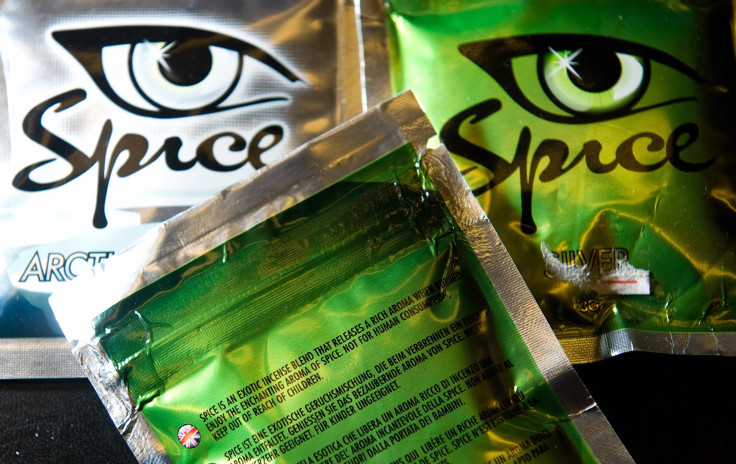Spice Drug Laws: New Hampshire Moves To Crack Down On Synthetic Drugs By Banning Sale And Possession

Spice and bath salts, synthetic drugs that have become increasingly common around the U.S., could soon become illegal in New Hampshire, where a bill banning their sale and possession has moved steadily through the legislature. On Wednesday, the state’s House of Representatives passed the bill; it's now slated to return to the Senate, which previously passed a different version of it.
The proposed legislation would impose a fine of up to $1,000 on establishments that sell synthetic drugs or take away those vendors’ licenses to sell things like food or liquor. People caught distributing or carrying the drug would be fined up to $500 a day, the Associated Press reported. The bill also would launch public education and awareness campaigns about synthetic drugs. It has to pass the Senate in its amended version before it can reach the governor's desk and be signed into law.
In April, federal officials seized more than 3,000 pounds of spice in bulk from distributors in New Hampshire. That particular batch of spice was a chemical formula that had previously been classified as illegal by the U.S. Drug Enforcement Administration, the Union Leader reported.
Spice, which also is referred to as synthetic marijuana or K2, is a chemical that is manufactured to mimic the effects of marijuana, but experts say its actual effects on users can vary depending on the batch of drug and the user -- from rapid heart rate and vomiting to psychotic episodes and even death.
The chemical compound in the drug frequently changes because federal law classifies these drugs as illegal according to molecular structure. As a result, as soon as one compound is made illegal, manufacturers will tweak the compound slightly, leaving the law perpetually one step behind drugmakers.
In an effort to keep up, some states and districts have experimented with different ways to criminalize the way the drugs are sold or marketed, instead of constantly adding to the list of banned chemical compounds. Washington, D.C., for instance, has focused on the way these synthetic drugs are packaged and sold rather than classifying them as illegal according to molecular structures. In February, the district’s Department of Consumer and Regulatory Affairs revoked business licenses for one particular convenience store that was found to have been selling synthetic drugs.
States have seen a spike in hospitalizations in recent months due to spice, with more than 1,000 occurring in April alone. In some extreme cases, people have died, including one person in Louisiana, two people in Mississippi and possibly seven people in Alabama.
© Copyright IBTimes 2024. All rights reserved.






















